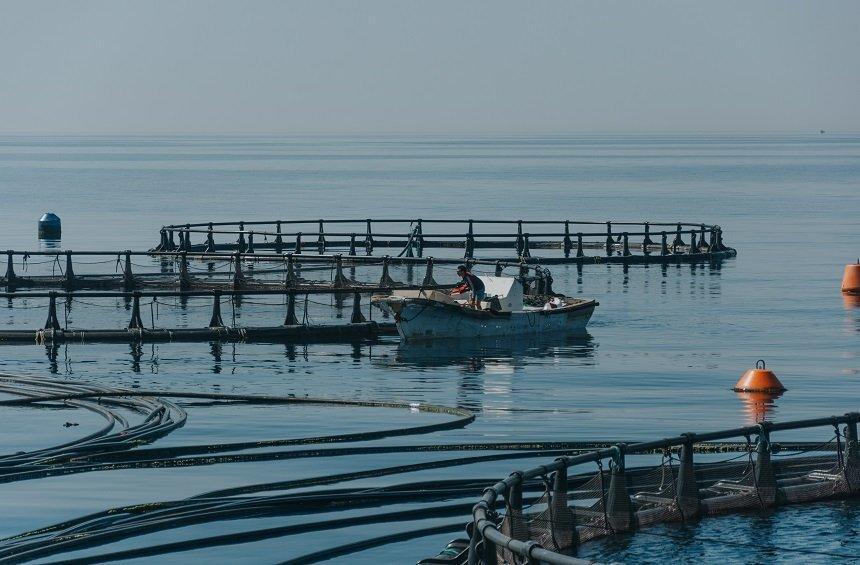A Crucial Aspect of the Economy in Cyprus
Fish farming is a crucial aspect of the economy and food industry in Cyprus. However, it faces several challenges that can hinder its growth and sustainability. These challenges include water quality, disease control, and feed management. In this article, we will explore some solutions to these problems that can help improve the efficiency and sustainability of fish farming in Cyprus.
Water Quality
Water quality is a significant concern for fish farmers. Poor water quality can lead to the growth of harmful algal blooms, which can adversely affect fish health and reduce yields. To address this issue, farmers can use filtration systems to remove impurities from the water. These systems can range from simple mechanical filters to more advanced biological filters that use beneficial bacteria to break down organic matter. Additionally, farmers can monitor the water quality regularly to ensure that it meets the necessary standards.
Disease Control
Disease control is another significant challenge in fish farming. Diseases can spread rapidly in aquaculture systems, leading to significant losses. The use of antibiotics is a common practice in disease control, but it can lead to antibiotic resistance and environmental pollution. To address this issue, farmers can use natural remedies such as probiotics,

which can help boost the fish's immune system and prevent infections. Farmers can also implement strict biosecurity measures to prevent the introduction of diseases into the system.
Feed Management
Feed management is essential for the growth and health of fish. However, overfeeding can lead to excess waste, which can pollute the water and harm the fish. Underfeeding, on the other hand, can lead to stunted growth and reduced yields. To address this issue, farmers can use feeding strategies that are tailored to the specific needs of the fish. They can also use feed that is of high quality and contains the necessary nutrients. Additionally, farmers can implement feeding schedules that ensure that the fish receive the right amount of food at the right time.
Sustainable Aquaculture Practices
Another solution to the challenges facing fish farming in Cyprus is the use of sustainable aquaculture practices. Sustainable practices aim to reduce the environmental impact of fish farming while ensuring that it remains profitable. These practices can include the use of renewable energy sources such as solar power, the use of recirculation systems that reduce water usage, and the use of organic feed that is free from harmful chemicals.
Collaboration Between Fish Farmers, Researchers, and Policymakers
Moreover, collaboration between fish farmers, researchers, and policymakers can help address the challenges facing fish farming in Cyprus. By working together, these stakeholders can develop solutions that are informed by scientific research and are tailored to the specific needs of the industry. Additionally, policymakers can provide support in the form of funding and regulations that promote sustainable practices and the growth of the industry.
Conclusion
In conclusion, fish farming in Cyprus faces several challenges that can hinder its growth and sustainability. However, by implementing solutions such as water filtration systems, natural remedies for disease control, and sustainable aquaculture practices, the industry can overcome these challenges and thrive. Additionally, collaboration between stakeholders can help develop solutions that are effective and tailored to the needs of the industry, ensuring its long-term success.


